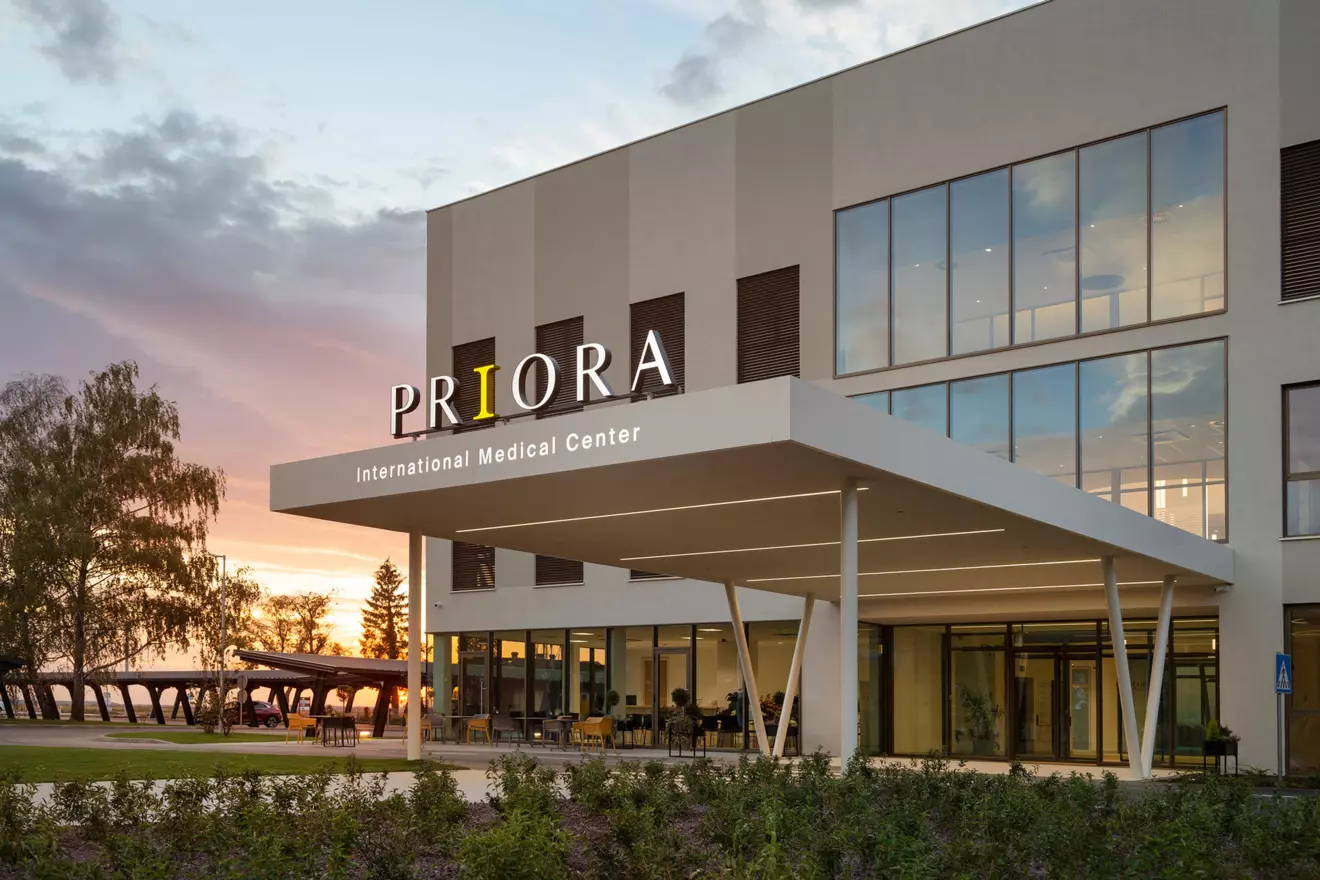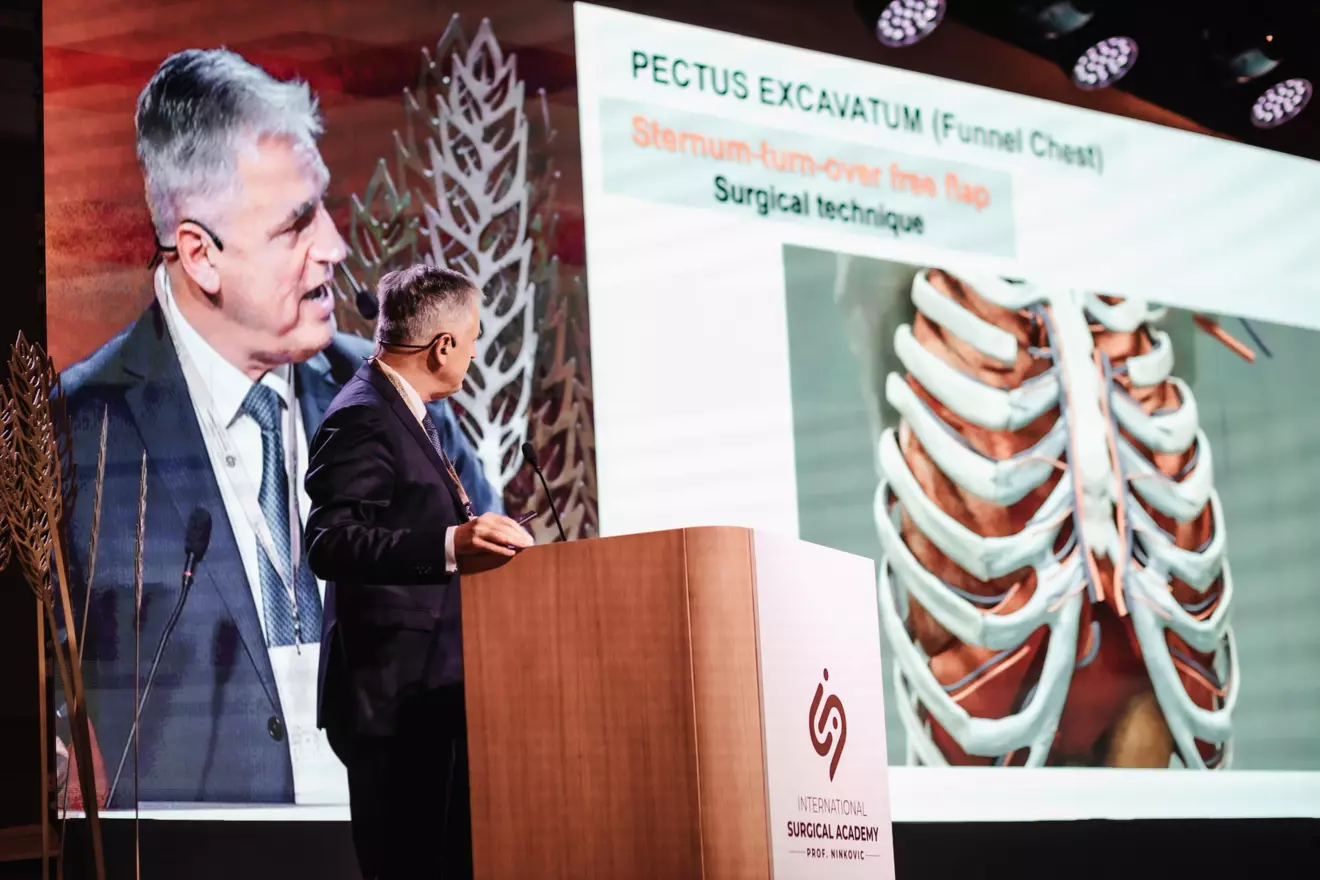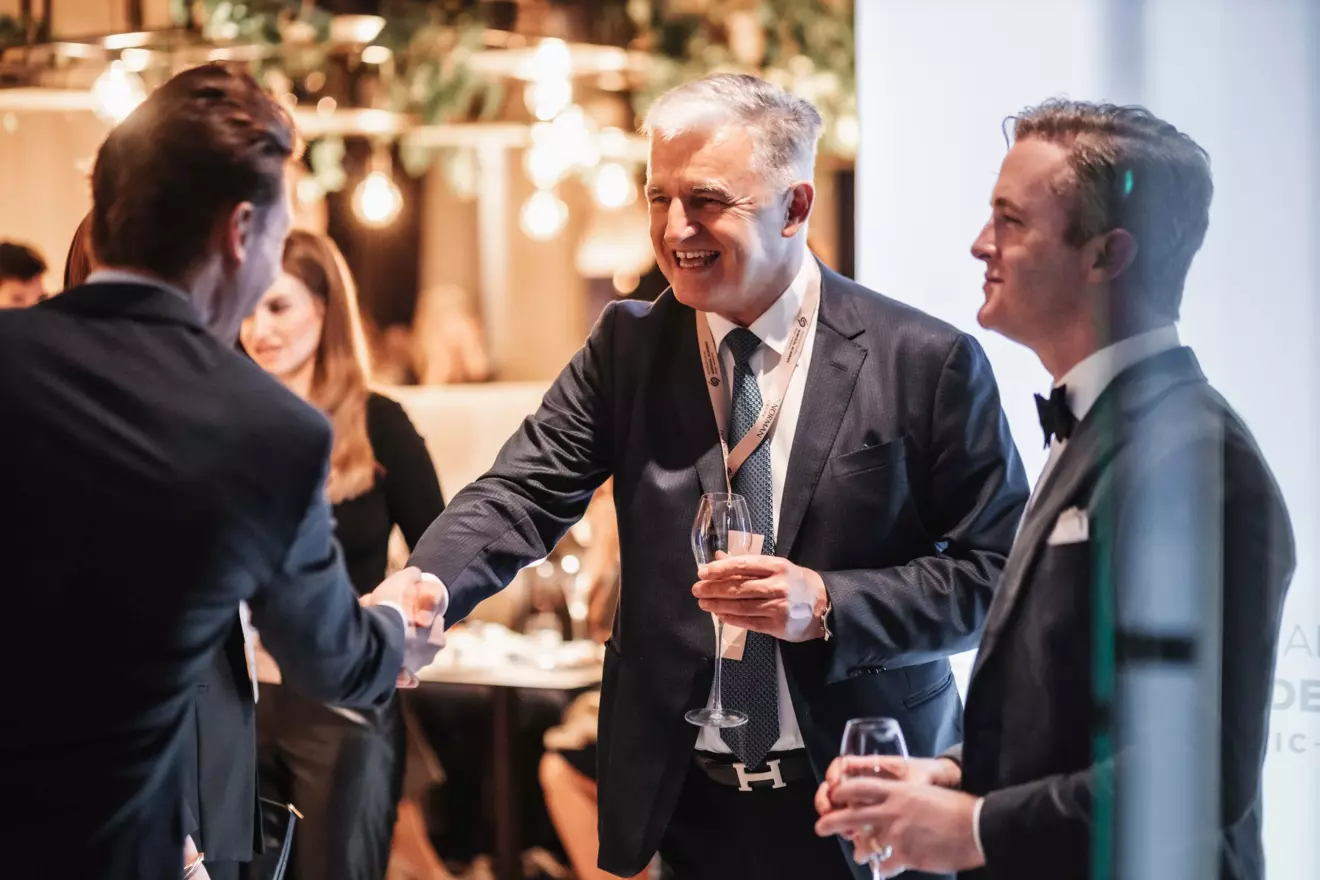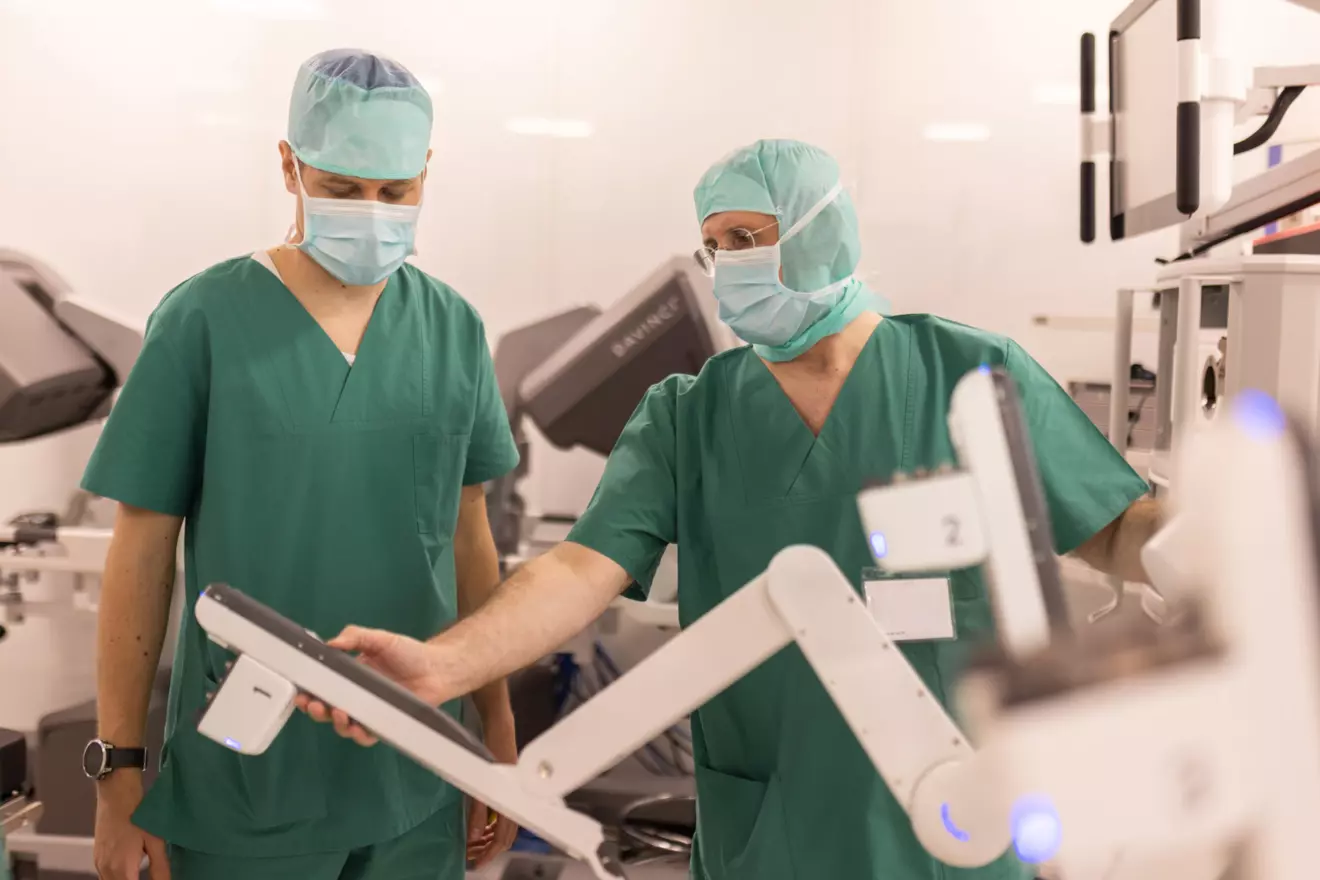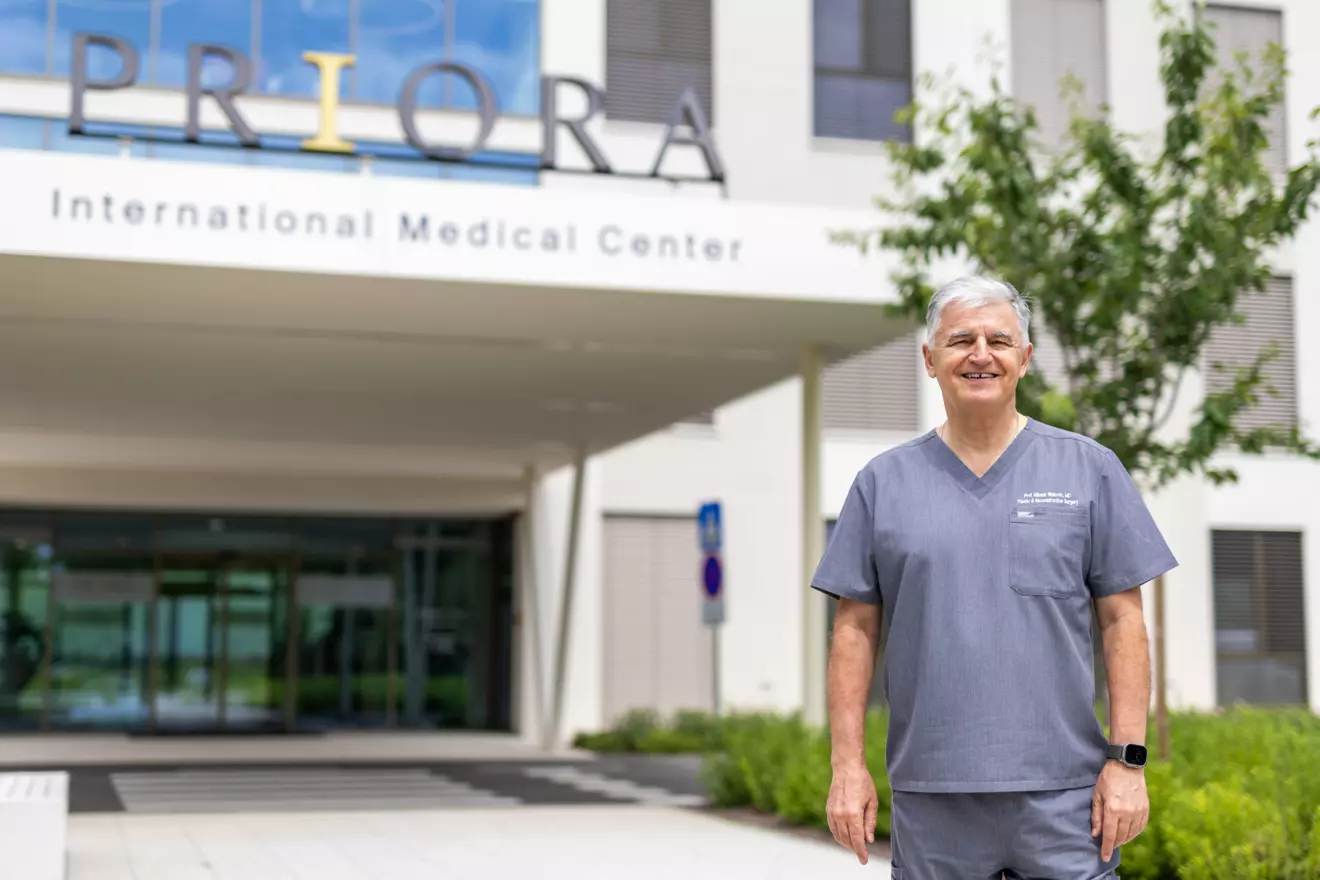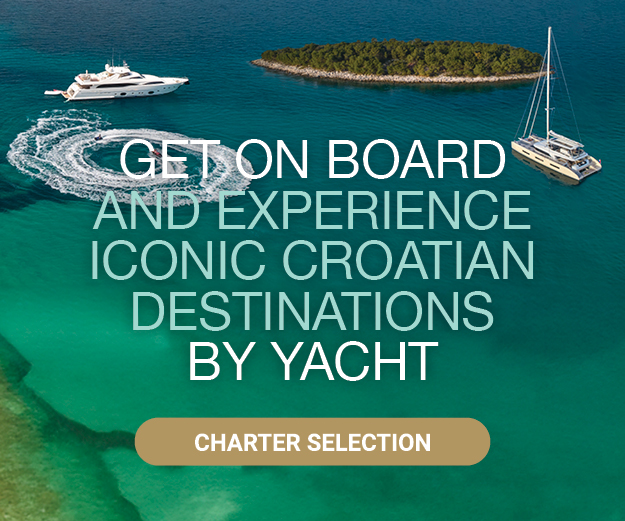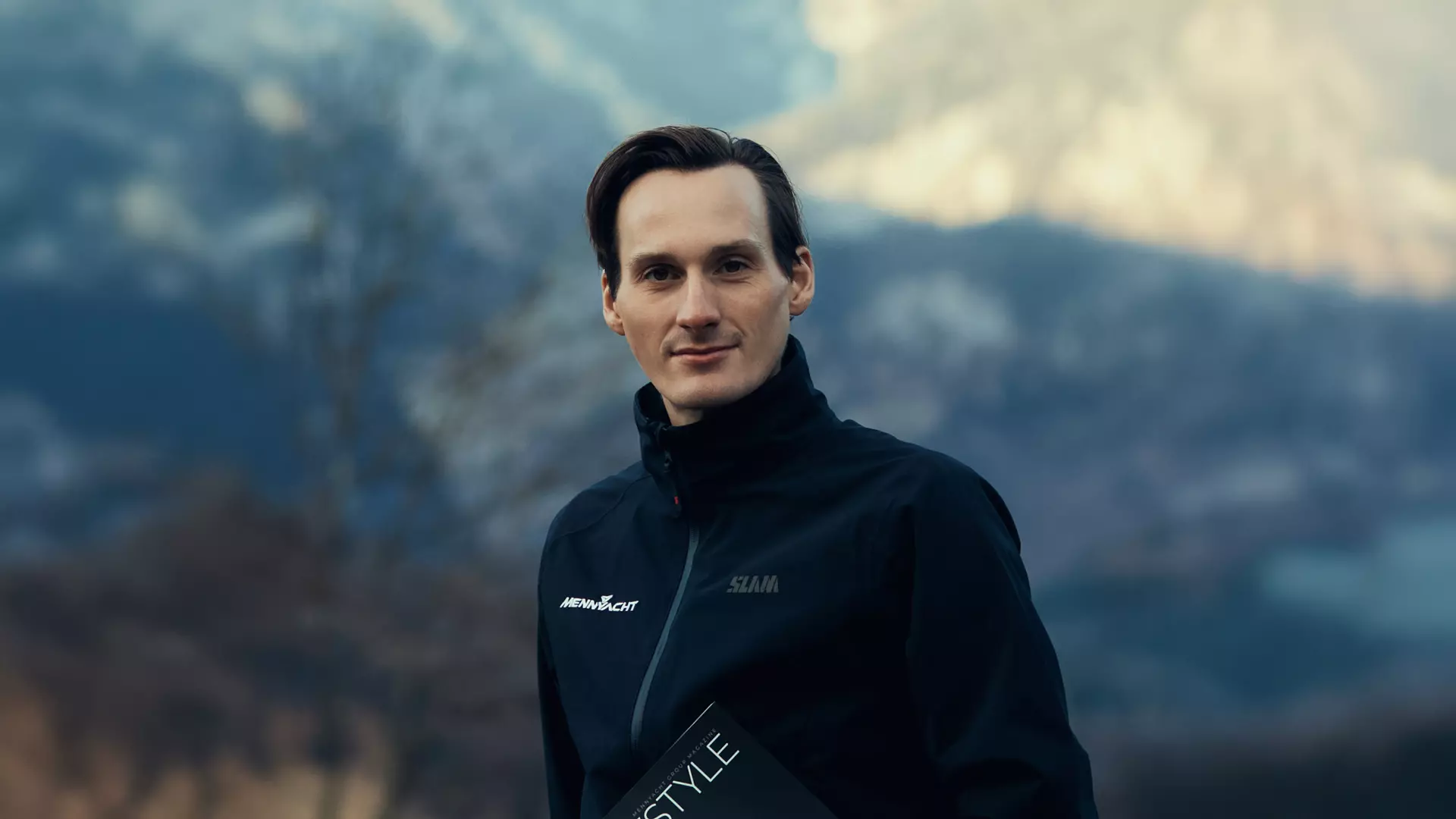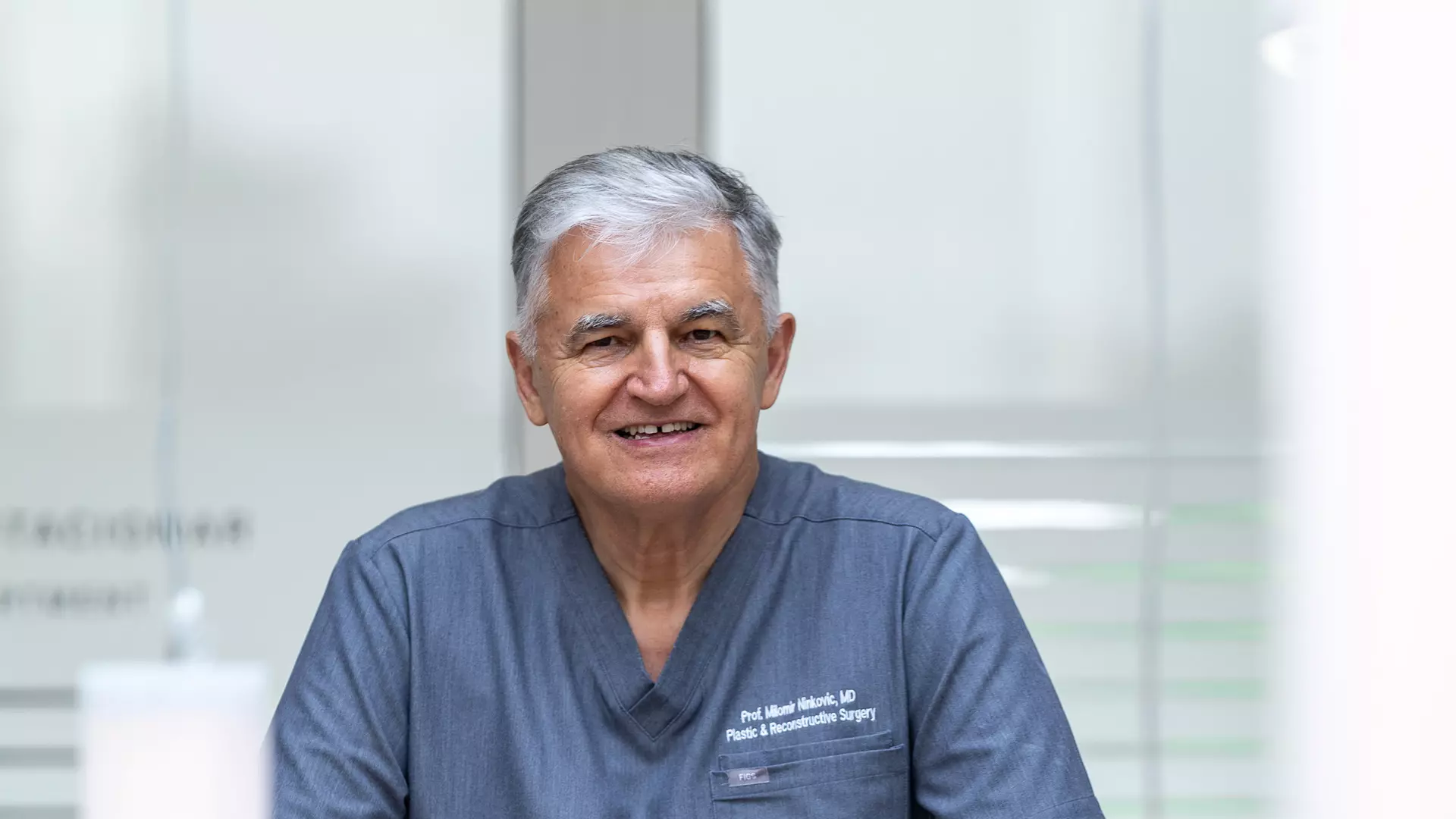
Milomir Ninković: World-Class Medicine in the Heart of Slavonia
One of the world's leading experts in plastic, aesthetic and reconstructive surgery has created the perfect clinic in Čepin using innovative procedures and a creative approach
Professor Milomir Ninković is one of the most awarded doctors in the region, with papers published in some of the world’s most prestigious medical journals. Several medical procedures are named after him. Known for performing 'small miracles' since the start of his career, Dr. Ninković recently chose to continue his marvelous career spent mostly abroad - in Croatia. He is one of the founders of the newly opened International Medical Center Priora in Čepin, near Osijek.
WHY DID YOU PICK CROATIA AND NOT DUBAI OR THE MAYO CLINIC?
I had incredible offers for Riyadh, Dubai, and Abu Dhabi. However, working in the Arab world is quite different from working in the West. I don't need to go there to earn money; I've worked all my life and have a pension, so I just want to enjoy the rest of my life and do something good. Mr. Marko Pipunić and I have been friends for many years. Seven or eight years ago, we were having dinner in Primošten while on vacation, and he suggested teaming up to do something good for the region. He told me: 'You have the knowledge, I have the capital, let's do something together'. And I liked the idea. When I finished my career in Germany, I also wanted to give something back to our people and the region where I received my education and learned the principles of my profession.
WHY OSIJEK?
Mr. Pipunić's work as an entrepreneur is focused on Osijek. At the time, I knew very little about Osijek, but it seemed like a good idea due to its excellent location and transport links.
YOU PROVIDE MORE THAN JUST MEDICAL SERVICES?
We focus on two aspects – medical and educational. We want to educate the young generation here so that they don't have to move abroad. And that was the plan – to build a small hospital, but naturally, our ambitions grew over time. Mr. Pipunić knew Dr. Tomislav Kalem, who is a urologist, from the university in Osijek. Dr. Kalem had also worked in Germany for many years, and he shared my desire to come back to Slavonia because he believed we could truly do some good. That's what we started with: plastic surgery and urology. Medicine has changed: people used to go to a hospital because of the institution itself, and today you choose a healthcare facility based on the doctors and medical staff employed there.
MANY GLOBALLY KNOWN MEDICAL PROFESSIONALS ALSO COME TO ČEPIN NOWADAYS.
This fills me with joy. When it comes to education, last fall Čepin hosted a remarkable medical congress, with 280 participants and 18 speakers from all over the world, from New York and Miami to Munich. A colleague from Miami said that it was the best convention of his life. I took part in hundreds of congresses, and he’s certainly attended many more – so his praise is a testament to the level of expertise we managed to achieve. A distinguished physician from the Mayo Clinic flew to Osijek, gave a lecture in Čepin on Friday, and flew back to San Francisco right away to hold a presentation the following day. Our plan is to hold another congress next autumn.
WHERE DID THE CONGRESS TAKE PLACE?
You might not believe this, but there’s a hangar, not far from the hospital, a beautifully renovated congress hall that can seat up to 300 people. We are planning another nice investment and an impressive building in Čepin, but more details about that will be shared in the future.
YOU HAD YOUR DOUBTS ABOUT THE HOSPITAL IN ČEPIN SUCCEEDING AT THE BEGINNING?
We started the hospital project concurrently with a hotel in Čepin, so we naturally wondered if it would work. The International Medical Center Priora and the four-star Materra hotel were built in less than a year. My colleagues attending the congress took turns checking the layout of the waiting rooms, doctors' offices, patient rooms, and operating theaters. The patient flow – from admission to discharge and surgery – is important: these paths need to be short and efficient. I believe we managed to find a brilliant and elegant solution for this. We made sure everything here is thoughtfully designed and not excessive.
HOW MUCH TIME DO YOU HAVE TO BE A PHYSICIAN, AND HOW MUCH DO YOU ACTUALLY TAKE PART IN HOSPITAL MANAGEMENT?
I’m 90% a doctor and maybe 10% a manager, which was my first condition when we first started discussing the hospital as an option. I want to be a doctor and teach colleagues. I only get involved in management matters if they concern plastic surgery and the selection of new colleagues. Our motto is: ‘Excellence is our priority’. Our objective is to have a perfect clinic. I do all this because I truly enjoy it, and I have the opportunity to give something back to my people. That's why I'm relaxed here and can devote myself to medicine.
PRIORA HAS EXPANDED ITS OFFER?
Our focus is on surgical fields – plastic surgery, urology, gynecology and orthopedics, as well as internal medicine subspecialties such as cardiology, pulmonology, and gastroenterology. We are also immensely proud of our laboratory, which, I can confidently say, is state-of-the-art.
YOU ALSO HAVE A CUTTING-EDGE ROBOT?
Our concept is simple: everything we do must be top-notch. In my career, I collaborated with many urologists, and we developed certain procedures together. My best friend is Prof. Dr. med Arnulf Stenzl, Secretary General of the European Association of Urology, so I asked for his input when we were starting the Urology Department. He said: ‘You have to have cutting-edge technology.’ That’s when we purchased the Da Vinci surgical system and Mona Lisa, a fusion biopsy machine valued at over EUR 3.5 million.
IS YOUR TEAM ABLE TO USE THIS TECHNOLOGY PROPERLY?
Even the best equipment is useless without dedicated and skilled doctors. As I said before, our patients visit us because of our doctors, not because of the building itself. We have an outstanding team comprising top experts, which we selected very carefully. What I’ve always considered most important is the human element.
YOU’RE THE DA VINCI OF PLASTIC SURGERY?
(Laughter) We have four plastic surgeons representing all age groups. I am the oldest, followed by a 55-year-old senior specialist, then a 37-year-old colleague who worked in a private hospital in Munich and also decided to join us, and one assistant. This is a generational project – our goal is to bring together people with different levels of knowledge and experience to Priora, which will be the basis for its further growth.
YOU DEAL WITH DIFFERENT ASPECTS OF PLASTIC SURGERY?
We specialize in advanced reconstructive surgery, the so-called functional reconstruction. The lower lip reconstruction using a thigh muscle, which I was the first in the world to use on a young man in Innsbruck, about 30 years ago, is now practised worldwide. This was an enormous challenge, and the 21-year-old young man's life was practically ruined. The procedure allowed the patient to eat normally again and even whistle, and today he is a university rector. There are methods that we all learn from books, but the question is how to use your creativity to combine them to find a new solution. There is a lovely saying by Ivo Andrić: ‘All great things come from struggling.’ That’s how it started in many other aspects, and that’s what set me apart from others. Back in 1989, we operated on a young man's foot in Sarajevo using a method that is now called the Ninkovic technique. I transferred the lateral muscle and nerve to regain normal function. These are the things that motivate you to keep searching, don't give up, and never say ‘no’. There’s always a solution. And that sets Priora apart from others, and patients recognize that. In Croatia, 70% of the procedures we do are aesthetic and 30% reconstructive surgery, while in Munich, it was the other way around.
HOW MANY PATIENTS DO YOU GET FROM CROATIA COMPARED TO OTHER COUNTRIES?
I’d estimate that about 30% of our patients are from Croatia. Apart from Bosnia and Herzegovina, Serbia, and regional countries, we also get patients from Germany, Saudi Arabia, the United Arab Emirates, Qatar...
YOU HAVE A SPECIFIC APPROACH TO EDUCATING OTHERS?
Other institutions charge for education, so, for example, if you want to learn from an expert for seven days, it will cost you EUR 10,000. We do not charge for education, and we’re happy to share our knowledge because we see it as a true joy. I educated 82 (!) young surgeons in Munich, 7 of whom became heads of clinics in Germany. That’s my greatest achievement.
WHAT DO YOU NEED TO BE ABLE TO DO THAT?
We have brilliant infrastructure and outstanding medical professionals. As far as plastic surgery is concerned, we have everything we need for surgeries comparable to those performed at places like the Mayo Clinic. Naturally, we are smaller. We have three operating rooms, which is enough for us, and the quality of our work is exceptional. This is the difference between large hospitals where there are many doctors and very few high-quality ones. We may be small in number, but that’s precisely why the quality of our work is so high. And that is what sets us apart from others.
Text Darko Šupuk
Photos Priora



